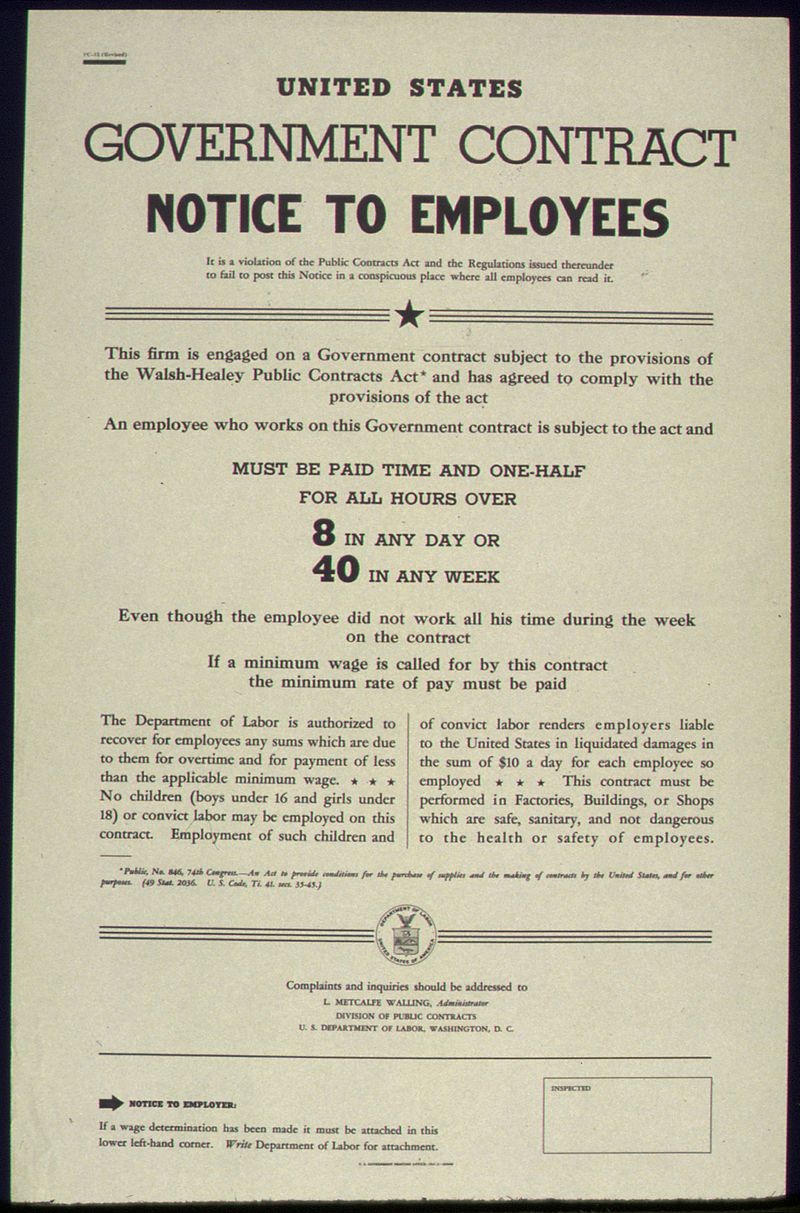Difference Between MOU and Contract
Key Difference – MOU vs Contract
Both MOU and contract are two ways of entering into a form of agreement. Agreements are found in business and personal transactions widely and provide validity and distinct terms under which a specific task is to be completed. The key difference between MOU and contract is that MOU is an agreement between two or more parties that is not legally binding whereas a contract is a legally binding agreement between two or more parties that creates an obligation to do (or not do) a particular task. Apart from this main difference, both MOU and contract are largely similar in terms of the objectives they desire to achieve.
CONTENTS
1. Overview and Key Difference
2. What is an MOU
3. What is a Contract
4. Side by Side Comparison – MOU vs Contract
5. Summary
What is MOU?
MOU (Memorandum of Understanding) is an agreement between two or more parties where MOU does not intend a legal enforcement between the parties. MOU may state that the parties “agree to promote and support the joint use of facilities”, but this does not amount to a legally binding clause. MOU is a written agreement where the agreement terms are clearly defined and agreed upon with the objectives intended to achieve. MOUs are often first steps towards legally binding contracts.
Even though an MOU is not legally enforceable, it is ‘bind by estoppel’. This is a clause that precludes a person from asserting a fact or a right, or prevents him or her from denying a fact. Therefore, if either party does not oblige the terms of the MOU, and the other party has suffered a loss. As a result, the affected party has the right to cover the losses.
What is Contract?
A contract is a legally binding agreement between two or more parties that creates an obligation to do (or not do) a particular task. According to law, the following elements should be present in an agreement to categorise it as a contract.
- Offer and acceptance
- An intention between the parties to create binding relations
- Consideration to be paid for the promise made
- Consent of the parties
- Capacity of the parties to act
- Legality of the agreement
Types of Contracts
Following are different types of contracts.
Express Contract
An express contract is formed orally without a written agreement
E.g. Person M and Person X enters into a contract where Person M is to sell an automobile to Person X for $500,200. The formation of the contract happened through a telephone conversation.
Written Contract
Written contract is an agreement where the terms of the contract are documented in writing or printed version. These are considered more credible than express contracts due to the clear evidence.
E.g. Person A and Person B are employer and employee respectively. They enter into a contract in writing where Person A hires Person B to complete a specific task within a per agreed time period.
Executory Contract
When both or either party has not finished fulfilling their obligations, then the contract is still in progress and is called executory contract.
E.g. Person D enters into a contract with person E to purchase an automobile for $450,000. D has made the payment, but E has not yet transferred the related documents. At this stage, the contract is in an executory status.

Figur 01: Template of a contract
What is the difference between MOU and Contract?
MOU vs Contract | |
| MOU is an agreement between two or more parties that is not legally binding. | Contract is a legally binding agreement between two or more parties that creates an obligation to do (or not do) a particular task. |
| Form | |
| MOU is a written agreement. | Contract may be an oral or written agreement. |
| Breach of the Agreement | |
| The court does not enforce terms in breach of MOU. | Courts can enforce terms in breach of contract, where the party that did not oblige to fulfil the contract is bound to pay a penalty. |
Summary – MOU vs Contract
The difference between MOU and contract principally depends on the availability of a legally enforceable agreement where MOU is an agreement without such legally binding nature while a contract is termed to be an agreement protected by the state of law. Whether to enter into an MOU or a contract mainly depends on the discretion of the parties involved and the relationship they have with each other. MOU may be more suitable for personal agreements and contracts, especially written ones are preferred in business transactions since they are legally binding.
Reference:
1. “Memorandum of Understanding – MOU.” Investopedia. N.p., 28 Dec. 2015. Web. 24 Apr. 2017.
2. “What is a contract?” The Law Handbook. N.p., 23 Aug. 2015. Web. 24 Apr. 2017.
3. Contracts and MOUs: Understanding Key Terms. Tech. N.p.: ChangeLab Solutions, 2013. Print.
4. Carter, Ellis. “Ellis Carter.” CharityLawyer. N.p., 02 July 2012. Web. 24 Apr. 2017.
Image Courtesy:
1. “UNITED STATES GOVERNMENT CONTRACT NOTICE TO EMPLOYEES – NARA – 515923” By Unknown or not provided – U.S. National Archives and Records Administration (Public Domain) via Commons Wikimedia
ncG1vNJzZmivp6x7pbXFn5yrnZ6YsqOx07CcnqZemLyue8OinZ%2Bdopq7pLGMm5ytr5Wau265zq5kmqaUYsO0ecKopa2qkZjBcA%3D%3D